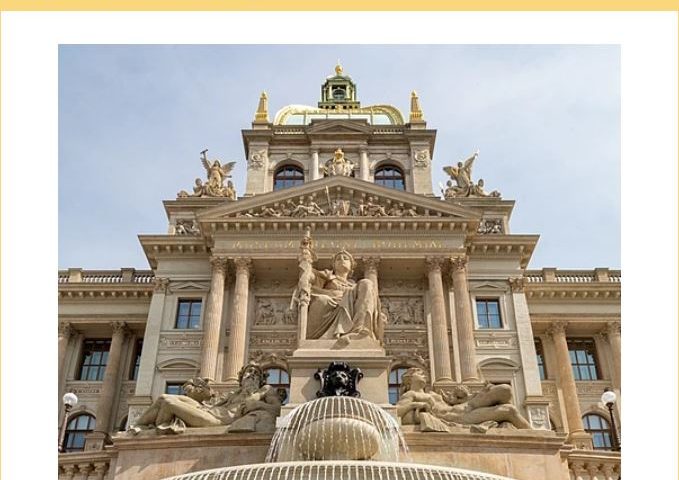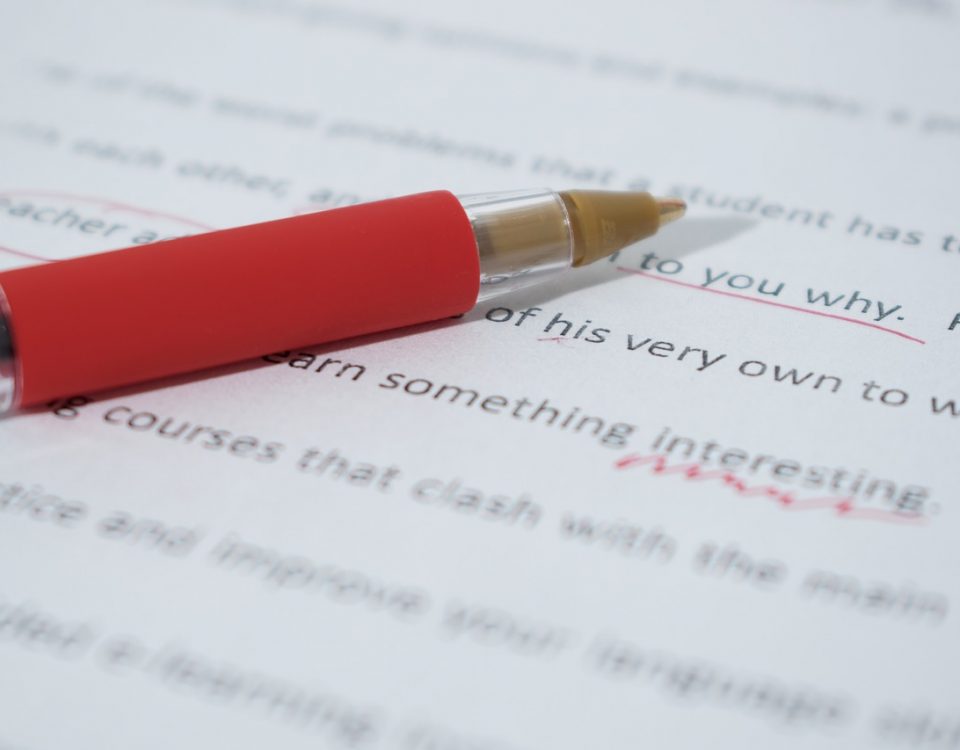19 Websites to Get Free No-License Photos for Commercial Use

6 Online Marketing Challenges Fintech Companies Face

5 Reasons to Write and Publish a Book in 2020
In the beginning days of the World Wide Web, it was difficult to find images for website projects. Most stock photo services were still offline, delivering their images by CD-ROM. Around the turn of the Millennium, web-based stock photo sites began popping up, but most of them charged a fee for images. One popular model was to charge a small fee for the use of one photo, but many services required more than that so the services began to offer subscription-based packages where users could gain access to a library of images for commercial use with a monthly subscription. However, it was still difficult to find images for free.
As the internet grew, the demand for public domain images grew. Today, there are hundreds of websites providing free public domain images. If you blog regularly or use social blogging sites like Medium, Steemit, and Narrative, then you are familiar with the standard websites for finding free public domains images. These include:
Today, I want to share with you 16 more websites where you can find free images that are in the public domain or that come with no-fee, no-licensing, and no-attribution requirements. But I’d still caution you to learn more about copyright laws in your country as they vary from one jurisdiction to another.
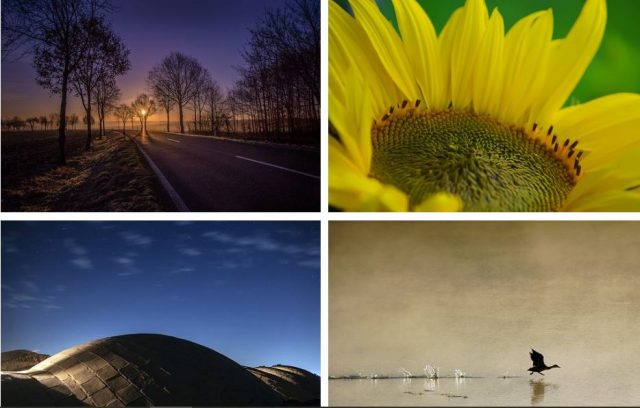
Screenshot of Pixabay’s home page.
I’ve organized this list alphabetically. I’ve also tried to find sites that are unique in nature and that offer photos you can’t get elsewhere. Many public domain image websites host the same image since they all use photographers from around the world who are looking for recognition for their work. There’s nothing with that. It’s highly commendable. But if you want an image that is unique to your commercial project, then you want to be able to get that image somewhere with an exclusive license or where at least it has limited exposure. The following 16 sites, in my opinion, have something unique to offer.
1. 1 Million Free Pictures
What makes 1 Million Free Pictures stand out is it is chock full of amateur photos, but “amateur” doesn’t mean low quality. As the name implies, there are A LOT of photos on the site, and they’re all free with no requirements to pay or attribute them to the original photographers. The site is also operated by two amateur photographers, one of whom states explicitly that his objective is to “dedicate about 100 amateur pictures per day into the public domain for the next 30 years totaling about 1,095,000 pictures.” Teper also tells you how you can make money from his pictures. But the most distinctive part of this website is the gallery, where the images are organized around subjects to make it easier to find what you’re looking for.
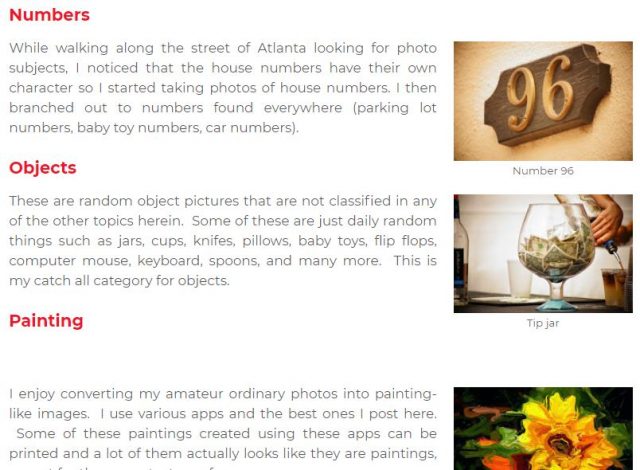
1 million free pictures
2. Designers Pics
At first, Designers Pics looks just like another public domain image website, but it’s really not. All the images are taken by professional photographer Jeshu John and uploaded to this repository for the explicit purpose of public domain use. In the footer of the website are links to special image categories that include Architecture, Business, Nature, Technology, Wild life, and more.
3. Every Stock Photo
Every Stock Photo is more like a search engine. In fact, it is a search engine–for free photo images. Because it is a search engine, you can use it to search for images on a certain theme and it will crawl multiple public domain websites searching for a photo that matches your theme. You’ll have to be careful with this one, though, because their results will return images from sites with licensing agreements, payment terms, and more. That’s probably how they make their money, as an affiliate for such sites. So be sure to read all terms first before you use an image. Still, pretty nifty.
4. Flickr Commons
Flickr has been around for a long time. It’s a place where anyone can upload their photos and use it as a storage facility. Users get to set their own terms for photo use. As a result, you’ll see everything from public domain to All Rights Reserved. Flickr Commons is a special section of the website where all photos are in the public domain. Many of the images are historical photographs where the copyright has expired.
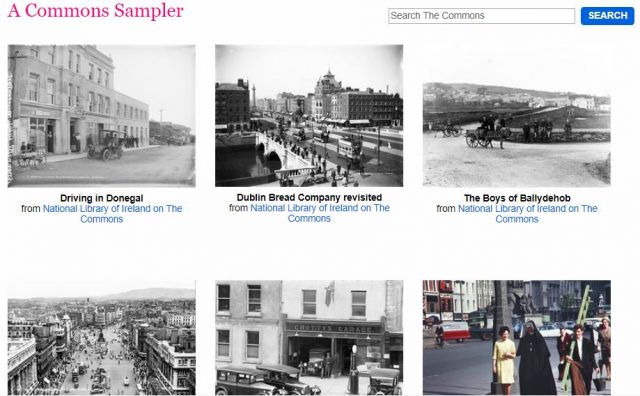
Flickr Commons
5. Foodies Feed
If you’re a foodie, you have a special photo diet. Foodies Feed is a website where food photographers from around their world share their photos under the Creative Commons Zero (CC0) license. That’s essentially the public domain as they are giving up all rights to post on the site.

Foodies Feed
6. Jay Mantri
Jay Mantri is a professional photographer with his own collection of photographs, which he took, and he offers for free in the public domain. Many of the images are of nature and from different points around the world. Pretty simple.
7. NegativeSpace
NegativeSpace is another public domain image website where photos are shared under the CC0 license. What makes NegativeSpace interesting is how it organized. You can search photos by categories, which isn’t all that unique, or you can search tags and colors. Popular tags as of this writing include #woman, #macbook, #creative, #office, #coffee, #keyboard, #camera, and #phone. If you want a photo where red is the featured color, just scroll to the bottom of the page and click on the Red button.
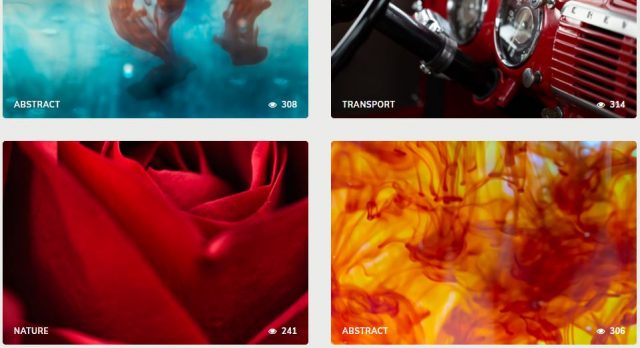
NegativeSpace
8. Old Book Illustrations
I love old books. The images from Old Book Illustrations are taken from old books where the copyright has expired. Therefore, they’re all in the public domain. The time period of the works include 18th century to the first quarter of the 20th century.
9. Pikwizard
At first glance, Pikwizard looks like an Unsplash or Pixabay knockoff. It is in a sense, but it does have a few distinguishing features. First, there’s a scroll menu at the top of the home page with categories for easy search. In the footer, there’s a list of popular image and video categories, so you can also find public domain video footage.
10. Pixnio
While Pixnio isn’t as attractive as some of the other sites on this list, it does provide easy search for photos of particular colors, like NegativeSpace, but the images on the home page are also labeled with a category. If you click an image, you’ll see that image and its metadata with other images below it in the same category. Pixnio allows anyone to upload their photos for free public domain use.
11. Public Domain Vectors
A vector is a computer graphic using points connected by line and curves on a two-dimensional plane. They’re a type of clip art, so if you’re looking for a photograph or a drawing, this is different. Public Domain Vectors is a website that specializes in vectors available in the public domain. They get their vectors from artists who give up their right to copyright. Vector images may be done in a format that needs to be converted for web use.
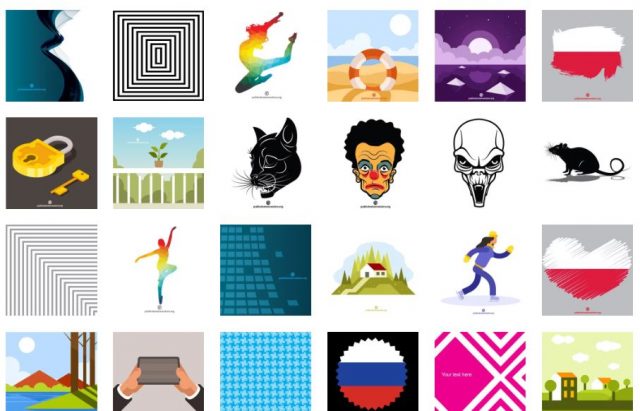
Public Domain Vectors
12. SpaceX
For you space nuts, SpaceX is the Elon Musk-founded private company which launched in 2002 for the sole purpose of space exploration. They upload photos of their missions to Flickr where they can be used for free by anyone for any reason.

SpaceX
13. Startup Stock Photos
Startup Stock Photos was started by professional photographers who just wanted to provide free photos for public use. They’ve grown into much more than that. Many of the photos here are original and intended for startups, bloggers, publishers, and whoever can find a use for them.
14. The British Library
The British Library is another Flickr Commons account that showcases millions of images in the public domain. Many of them are historical and vintage in nature. It is the account of the United Kingdom’s national library.
15. The Public Domain Review
The best way to explain The Public Domain Review is to let their own website content speak for itself:
Founded in 2011, the PDR is an online journal and not-for-profit project dedicated to the exploration of curious and compelling works from the history of art, literature, and ideas.
As our name suggests, the focus is on works which have now fallen into the public domain, that vast commons of out-of-copyright material that everyone is free to enjoy, share, and build upon without restriction.
You can browse their collections by content type (images, books, film, or audio), by tags, by source (they list more than 120), or by time period from pre-16th century to the 20th. The interesting thing about The Public Domain Review is they also publish essays on public domain works.
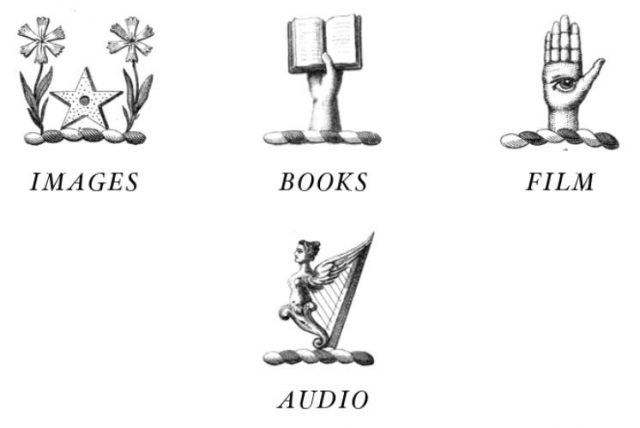
The Public Domain Review
16. Wikimedia Commons
The granddaddy of all public domain libraries online is Wikimedia Commons. A project of Wikipedia, the library hosts images, audio recordings, and videos. All of them are in the public domain and free to use for commercial purposes.
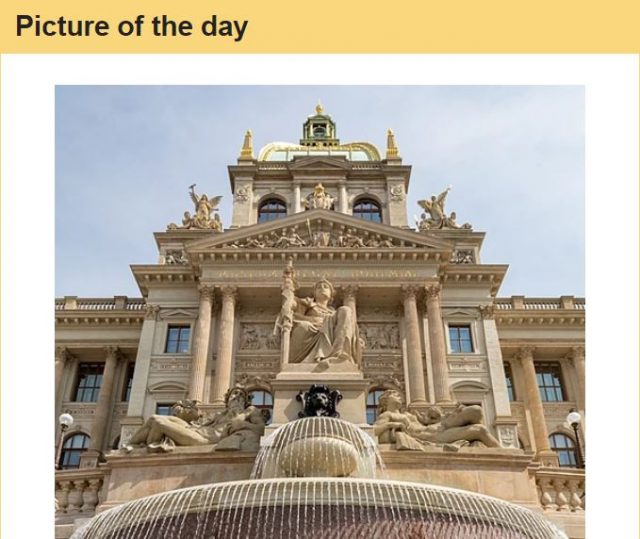
Wikimedia Commons
Conclusion
I am not an attorney so don’t take any of this as legal advice. Do your own due diligence. While many of the photos and other images on these websites are free to use and are in the public domain, I cannot vouch for every photo and image on every website. Some of the sites link to Shutterstock and other stock photo websites that charge subscription fees. If you use one of their photos, you’ll be hot water should they decide to exercise their intellectual property rights.
On top of that, while many of the public domain websites say you can use images for any purpose whatsoever, even commercially, I believe it’s still a good idea in most cases to provide attribution. If you use these photos on sites such as Steemit and Narrative where users expect you to attribute your sources because you are earning rewards from the images, all you really need to do is cite the source (i.e. the website from which the image is taken). If you want to go a step further, as I often do, you can link to the specific page from which the photo is borrowed. No one will fault you for over-attributing, but you may receive downvotes or flags for under-attributing.
Bottom line: While free public domain images may ethically and legally give you the right to use such images commercially and to earn from others’ production and creativity, there are people who would still expect you to give proper attribution and may hold it against you if you don’t.

